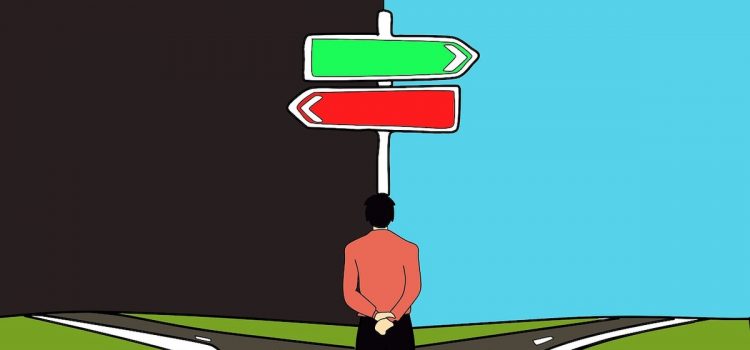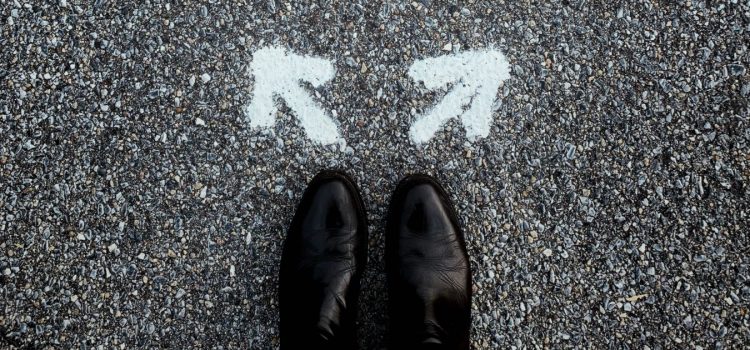What’s effective altruism? Why did Sam Bankman-Fried adopt this philosophy? According to biographer Michael Lewis, Sam Bankman-Fried’s effective altruism is rooted in another philosophy that he learned from his parents. Lewis writes about Bankman-Fried’s adoption of this concept and its particular path of “earning to give.” Keep reading to learn about Sam Bankman-Fried’s effective altruism beliefs and practices.
Sam Bankman-Fried: Effective Altruism as a Path to Utilitarianism










